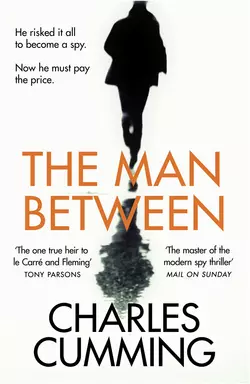The Man Between: The gripping new spy thriller you need to read in 2018

Charles Cumming
Тип: электронная книга
Жанр: Современная зарубежная литература
Язык: на английском языке
Стоимость: 1396.27 ₽
Статус: В продаже
Издательство: HarperCollins
Дата публикации: 16.04.2024
Отзывы: Пока нет Добавить отзыв
О книге: ‘Recommended. I read it one breathless sitting’ Ian RankinHe risked it all to become a spy. Now he must pay the price.A gripping new standalone spy thriller from the winner of the CWA Ian Fleming Steel Dagger for Best Thriller of the Year and ‘the master of the modern spy thriller’ (Mail on Sunday).One simple task for British Intelligence takes him into a world of danger.Successful novelist Kit Carradine has grown restless. So when British Intelligence invites him to enter the secret world of espionage, he willingly takes a leap into the unknown.But the glamour of being a spy is soon tainted by fear and betrayal, as Carradine finds himself in Morocco on the trail of Lara Bartok – a mysterious fugitive with links to international terrorism.Bartok is a leading figure in Resurrection, a violent revolutionary movement whose brutal attacks on prominent right-wing politicians have spread hatred and violence throughout the West.As the coils of a ruthless plot tighten around him, Carradine finds himself drawn to Lara. Caught between competing intelligence services who want her dead, he soon faces an awful choice: to abandon Lara to her fate or to risk everything trying to save her.‘An instant classic of the genre’ Mick Herron‘The Man Between is up there with the best – full of thrills, wit and fine writing’ Peter Robinson